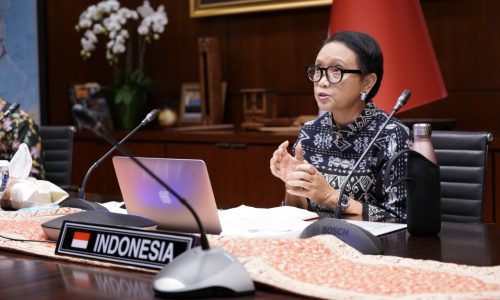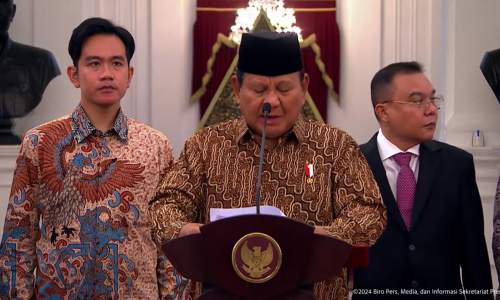The Upstream Oil and Gas Regulatory Task Force (SKK Migas) has identified three main reasons for the delay in achieving Indonesia’s 2030 oil and gas production targets, including delays in the onstream schedule of planned projects, such as the Blok Tuna in the North Natuna Sea.
“One of the significant setbacks is the geopolitical tension affecting Blok Tuna. Russian operator Zarubezhneft had to withdraw from the project due to geopolitical complications and sanctions from the European Union and the UK,” Head of SKK Migas, Dwi Soetjipto, saidon Thursday, June 6, 2024.
This has caused delays in the development schedule. SKK Migas had initially planned to supply 100 to 150 million standard cubic feet per day (MMSCFD) of gas from Blok Tuna to Vietnam by 2026.
In addition to Blok Tuna, the Forel Bronang project, which was initially set to go onstream in October 2023, has been postponed to mid-2024. This project is expected to produce 10,000 barrels of oil per day and 43 MMSCFD of gas.
These delays are part of broader disruptions caused by the COVID-19 pandemic, which restricted workforce and equipment mobilization, financial challenges faced by companies, and project delays.
Revised targets
Dwi Soetjipto said that the long-term production targets are under review due to these issues. He suggested that while the onstream target for Blok Tuna in 2026 is still feasible, it might shift to 2027 if delays persist.
Following Zarubezhneft’s exit, Harbour Energy, the parent company of Premier Oil Tuna BV, continues to develop Blok Tuna. Despite the departure of its partner, Harbour Energy remains committed to fulfilling its obligations and progressing with the project.
These developments underscore the complex challenges faced by Indonesia’s oil and gas sector as it navigates geopolitical tensions, pandemic-related disruptions, and financial hurdles to meet its ambitious production goals.









